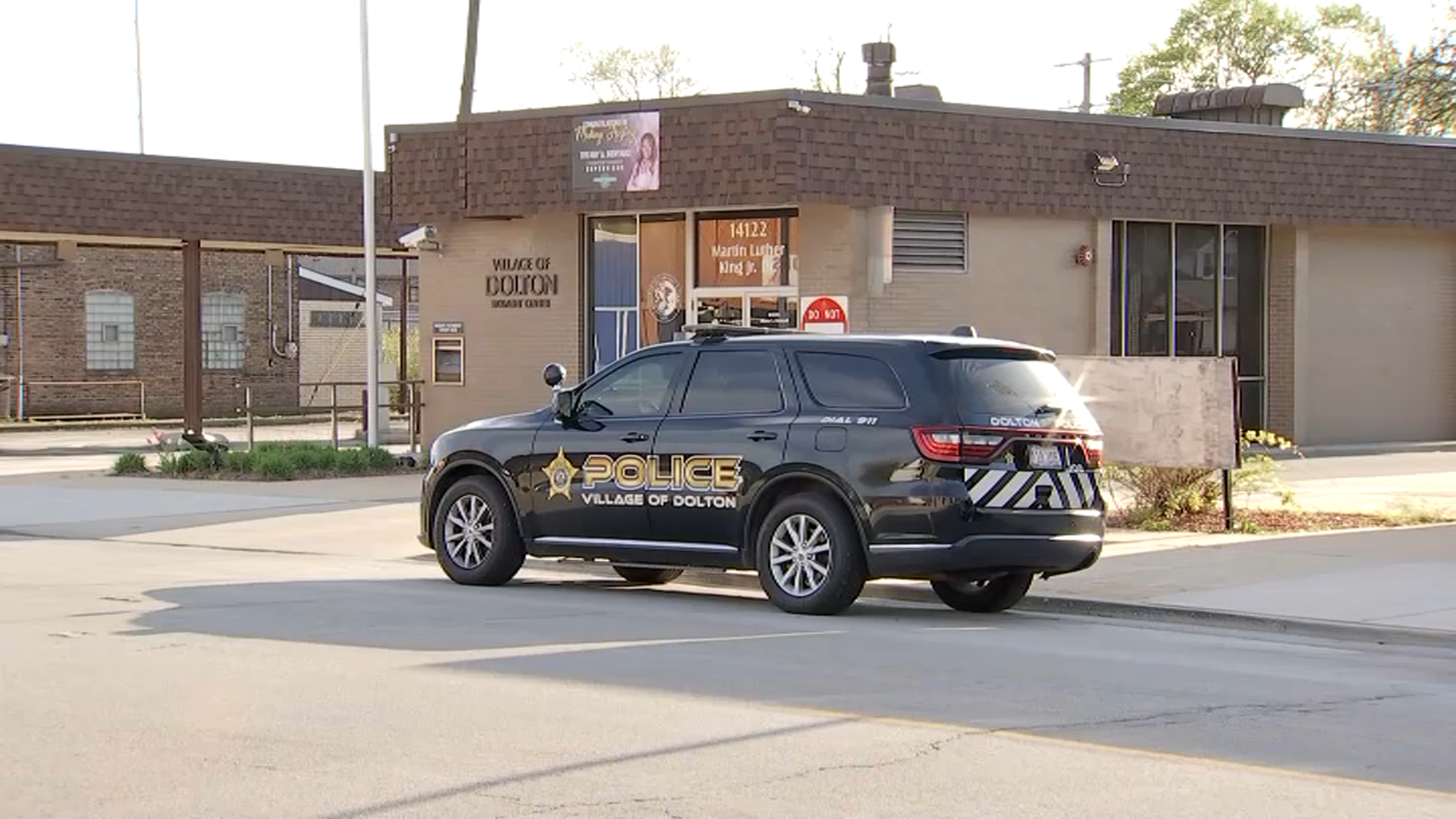City officials are hoping a new pilot program can eliminate the homeless communities dubbed “tent cities” on Chicago’s North Side.
Large numbers of homeless people have taken up residence under several North Side viaducts along North Lake Shore Drive.
At Foster Avenue, the group calls themselves the “Foster Kids.”
“It’s a little family, you know,” said one resident named Willie. “And we look out for everybody.”
A few blocks south, at Lawrence, more than two dozen tents are set up underneath the drive, and at Wilson Avenue, there are nearly two dozen more.
“The number of encampments or tents has grown,” said Alisa Rodriguez, deputy commission of homeless programs for the Department of Family and Support Services. “This is a recent episode."
City officials have begun an effort to relocate the roughly 75 people who live in the so-called “tent cities” using the City of Chicago Chronic Homeless Pilot Program, long championed by 46th Ward Ald. James Cappleman.
Local
The pilot program, announced in April by Chicago Mayor Rahm Emanuel, aims to use rental subsidies and aid opportunities to provide homes for the chronically homeless, defined as being homeless continuously for at least 12 months or on at least four separate occasions in the last three years.
“We as a City cannot thrive until each and every one of our residents can thrive, which is why we are committed to addressing homelessness in a holistic, comprehensive and compassionate manner,” Emanuel said in an earlier statement. “This pilot will enlist stakeholders from all over the city to ensure that we are all doing our part in ensuring that our neighbors have a place to call home, and that those who are struggling can get the support they need to get back on their feet.”
In the last two weeks, four people have been successfully matched with real homes and more are expected to be on the way.
“We've assessed the clients that are under there to determine what would be the best housing option for them and what are the barriers keeping them from accessing housing,” Rodriguez said.
Rodriguez adds that housing needs to fit the unique needs of the individual, along with wrap-around services like case managers and getting them set up with basic things like cleaning supplies.
“It’s not just about saying we’re going to take 75 people and put them in units,” she said. “It takes time.”
The Department of Family Support Services declined to give a time frame on placing all the people who live under Lake Shore Drive.



